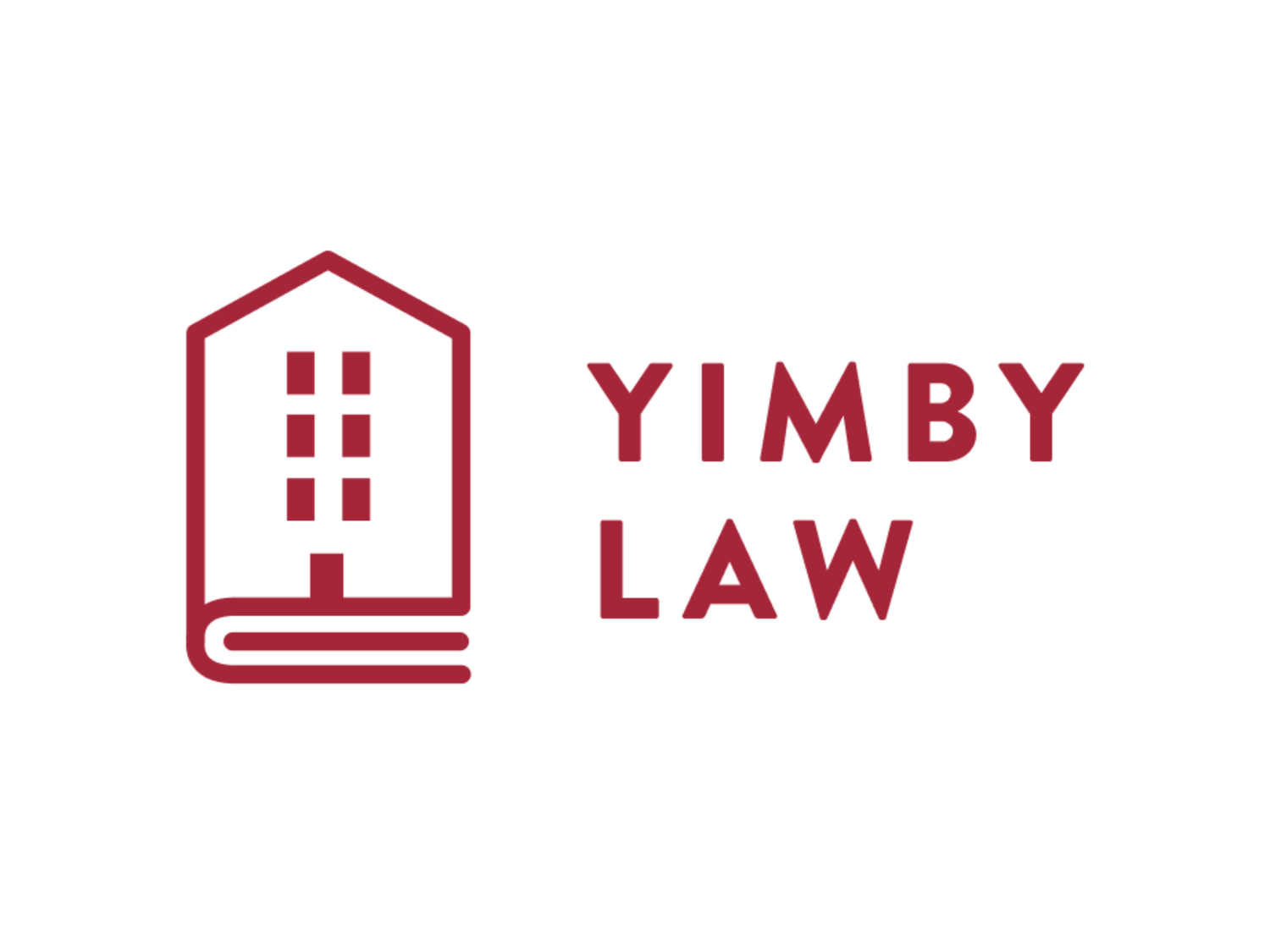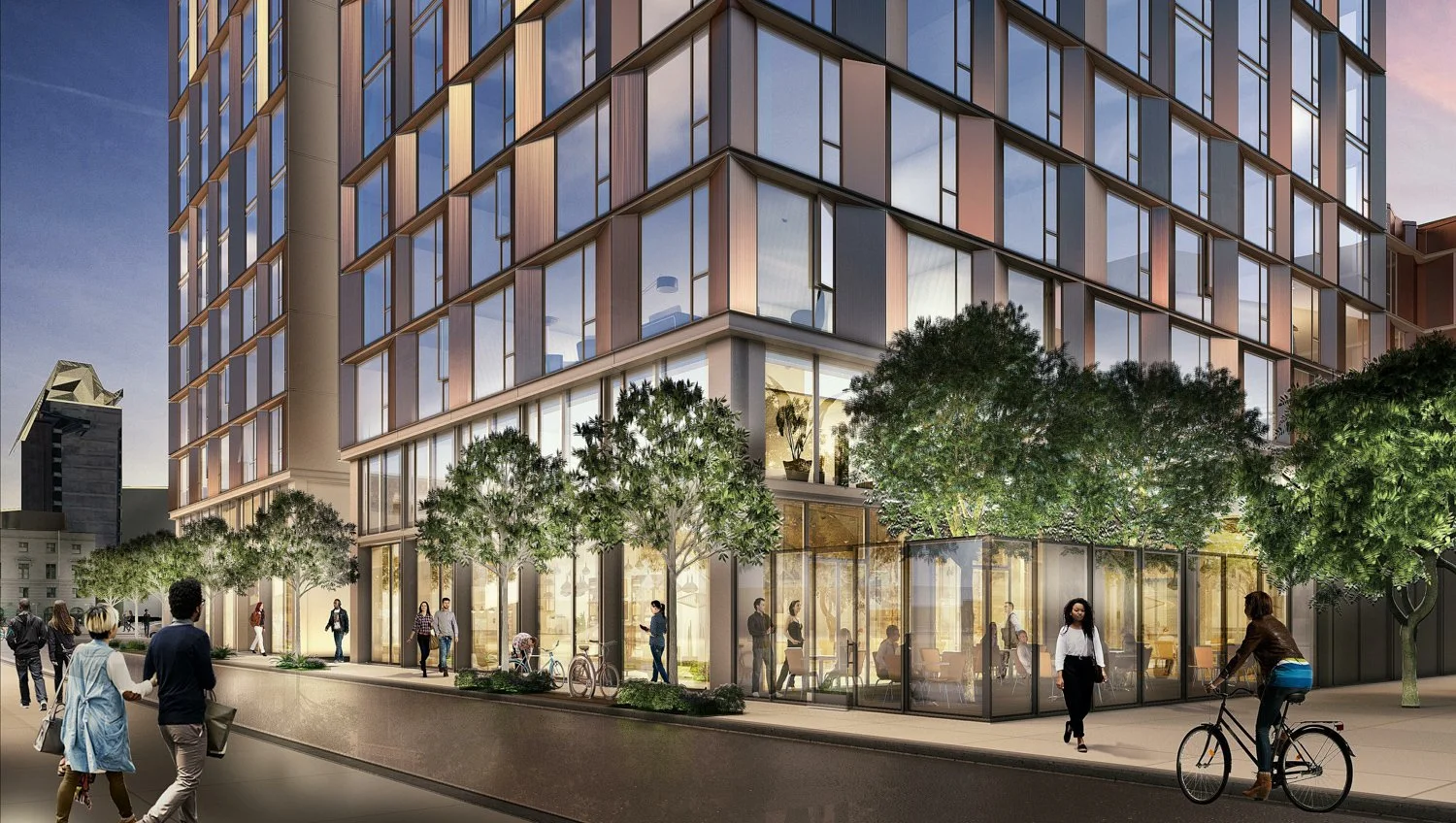STATUS: The City and the developer returned to the table to approve the project.
UPDATE: Although the Court initially ruled that the city did not break the law, under pressure from our lawsuit, the City and the developer worked to entitle the project. In addition, the legislature, alongside YIMBY, worked to close the loophole that allowed this to happen.
—
469 Stevenson is a proposed 495-unit project that would replace a department store valet parking lot in San Francisco’s Theater District with a 27-story residential building that includes 73 on-site below market rate and 45 off-site below market rate homes.
This project was approved by the SF Planning Commission, but the project’s Environmental Impact Report (EIR) was challenged, with the appellants, an organization controlled by a politically-connected local property management company executive, making some extremely weak arguments that the project’s potential gentrification effects, geotechnical effects, and impacts on historic resources weren’t studied enough. They didn’t provide any experts or produce any new evidence that supported their claim, but the Board of Supervisors agreed with them.
Unfortunately for the City, not only did the Board of Supervisors break the law by agreeing to reject an EIR that had no legal basis for being rejected, but they have also violated the Housing Accountability Act (HAA) by denying the project (voiding the Planning Commission’s approvals) by making the developer jump through yet more environmental analysis hoops to address potential environmental impacts that have yet to even be identified, which effectively are a denial of the project, despite their legal obligation to approve it.
This is an important case because it challenges whether cities can effectively evade the Housing Accountability Act by laundering project denials through the EIR process.
Filings
First Amended Petition - (filed 11/21/2022)
Court Order Re: Demurrer (filed 10/21/2022)
SF’s Demurrer Request Memo (filed 7/15/2022)
YIMBY Law’s Demurrer Opposition (filed 7/29/2022)
Other resources
YIMBY Law’s 12/13/2021 Letter to the SF Board of Supervisors RE: Adopted Findings
SF Board of Supervisors’ 12/14/2021 Adopted Findings
California HCD’s 11/22/2021 Letter of Inquiry to SF Planning
YIMBY Law’s 10/26/2021 Letter to the SF Board of Supervisors RE: HAA

